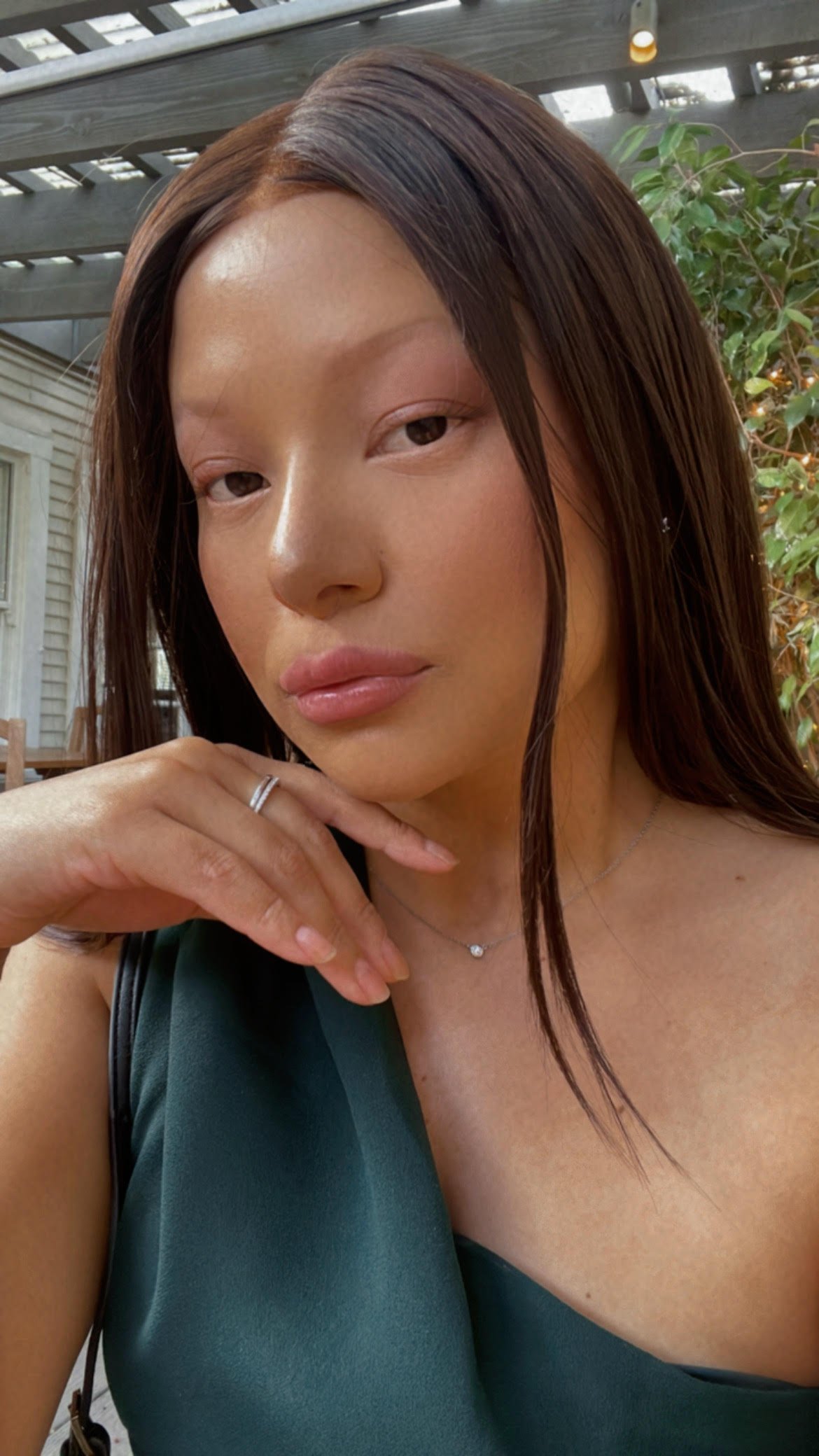Fighting breast cancer in your 20s is lonely, but it doesn’t have to be
A cancer diagnosis is never easy to comprehend, and receiving one in your 20s can be particularly shocking, scary and isolating.
Anais Arriaga of San Francisco knows this firsthand after finding a lump in her breast on October 7. She was diagnosed with Stage 2 breast cancer later that month at the age of 29.
This news rocked Anais’ world. She joined breast cancer support groups, where she was often much younger than the other women there. It seemed like no one could relate to the unique challenges she faced – that is until she learned of Pink Ribbon Girls (PRG). Anais began to receive PRG’s free meals, rides to treatment and house cleaning products. But the service that has been most beneficial to her throughout her cancer journey is PRG’s mentor program, which connected Anais with another PRG client in her late-20s battling the same type of cancer.
Thanks to this program, Anais didn’t have to navigate this new terrifying reality alone.
“Being a woman with breast cancer, you just feel like everything is being taken away from you,” Anais says. “It’s so helpful having that support from someone who is actually my age, has the same diagnosis and is going through the exact same thing.”
Anais has always appreciated transparency regarding her outlook, starting with that first appointment she made last fall after finding a lump in the shower. Like Anais, the doctor conducting Anais’ ultrasound was a young woman, and the two instantly clicked. But Anais began to feel uneasy when the doctor used the word “suspicious” to describe her results. That word replayed on a loop in Anais’ head as they went on to conduct a mammogram and biopsy that same day.
“I was really bonding with her, so I said, ‘Be honest with me, what do you think?’” Anais says, to which her doctor obliged.
“‘I do think it’s going to come back as cancer,’” she told Anais.
Anais was devastated but not surprised when she got the call confirming she had invasive ductal carcinoma HER2+ breast cancer. Her doctor had emotionally prepared her for this news, but it didn’t make it any less daunting.
“It was the worst call I’ve ever gotten in my life,” Anais says. “Your mind is racing, and you want all these questions answered.”
Among the questions Anais says she struggled with the most right after her diagnosis was, “Why did God do this to me?” and “How am I going to get through this?”
Then, Anais was referred to Pink Ribbon Girls by her hospital in November. She was connected with PRG Director of Education & Peer Support Jan Middleton, who asked Anais if she would like to participate in PRG’s mentor program. Anais agreed, and she soon received a text message from a fellow PRG client in Cincinnati named Cynthia – Anais’ new mentor.
Mentors and mentees paired together are typically from the same region when possible, but – in this day in age when virtual communication has become second nature – Anais and Cynthia’s similarities outweighed their distance barriers. Cynthia was 28 and battling the same type of cancer as Anais. They began exchanging text messages, often for hours at a time.
“You know us 20-year-olds, we kind of just love texting,” Anais says. “Thank God for Jan for putting me in contact with Cynthia. Honestly, I don't know what I would do without that.”
Cynthia had already undergone chemotherapy and a double mastectomy, and she was in the process of finishing radiation. Anais was just beginning her treatment. The two compared symptoms and discussed Anais’ different options for surgery. Cynthia relayed her experience having both breasts removed and the challenges that came with it – one of the most emotionally raw conversations Anais says they’ve had.
“It led to us really talking about being women and not feeling as pretty anymore,” Anais says. “She was telling me, basically, ‘I've never felt this low in my life. … I’ve never felt this ugly.’”
Cynthia’s words are so relatable that, sometimes, Anais says she can’t help but cry when she reads her messages.
“It's very easy to lose yourself and to feel very depressed,” Anais says. “Cynthia always tells me, ‘You have to learn to love yourself and be patient with yourself.’”
Something Cynthia also always tells Anais is, “‘I’m here for you.’”
Anais finished her final round of chemotherapy on March 14, and she’s slated to have surgery in mid-April. Fortunately for Anais, her care team is optimistic that a lumpectomy will suffice.
Anais says she can now see the light at the end of the tunnel, but she can’t imagine what it would have been like not having Cynthia there when all she could see was darkness ahead.
“She taught me so much,” Anais says. “There are a million questions that I felt like I had in the beginning, and I still do. You're not going to get that (guidance) from your friends, you're going to get that from your mentor.”
Anais and Cynthia still text each other regularly and follow each other on social media. Anais looks forward to the day she and Cynthia can meet in person. She’s also excited about becoming a PRG mentor herself in hopes that she can help other young women grappling with a recent diagnosis.
“Going through cancer, you have all these dark, dark moments of sitting by yourself and thinking, ‘How am I going to pick myself back up from this?’” Anais says. “You have to be okay accepting help. You don’t have to go through it alone.”


